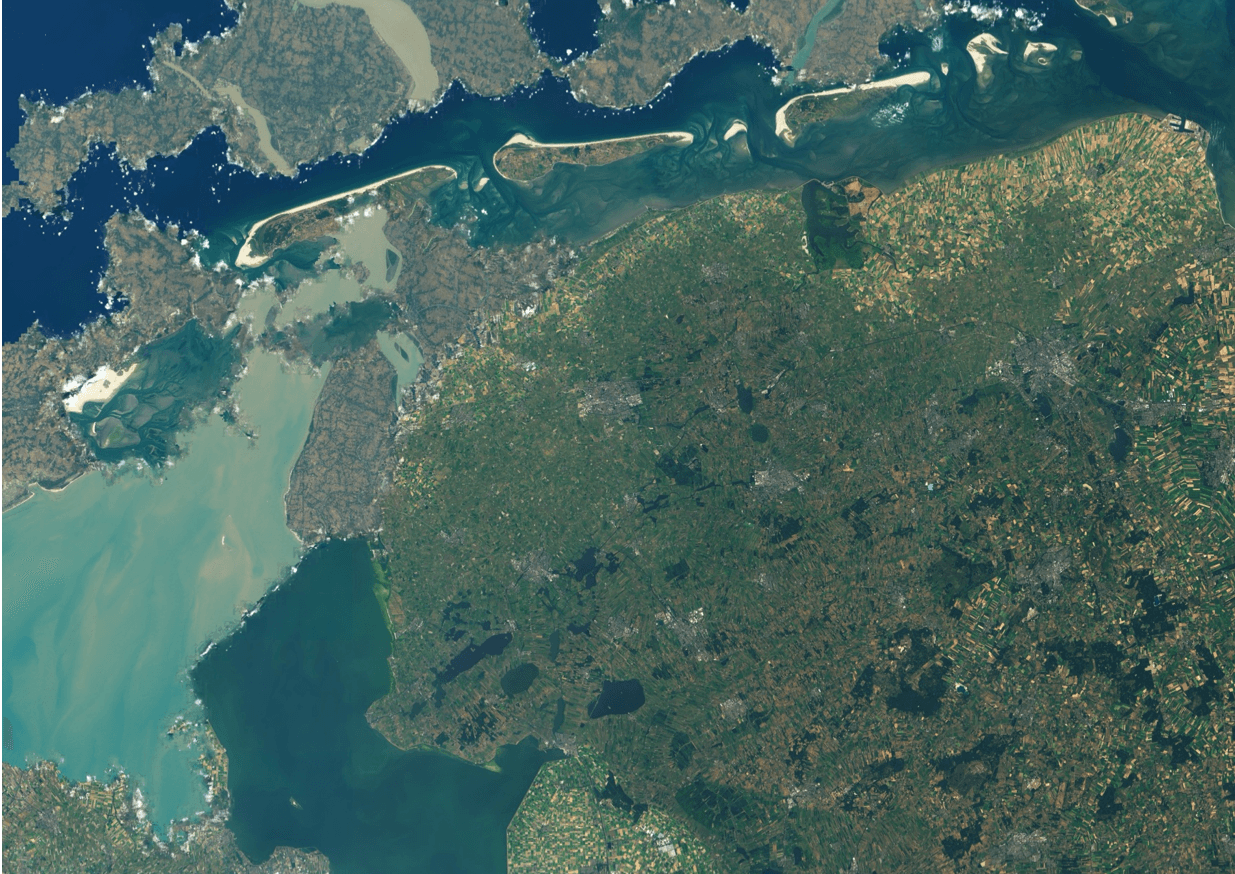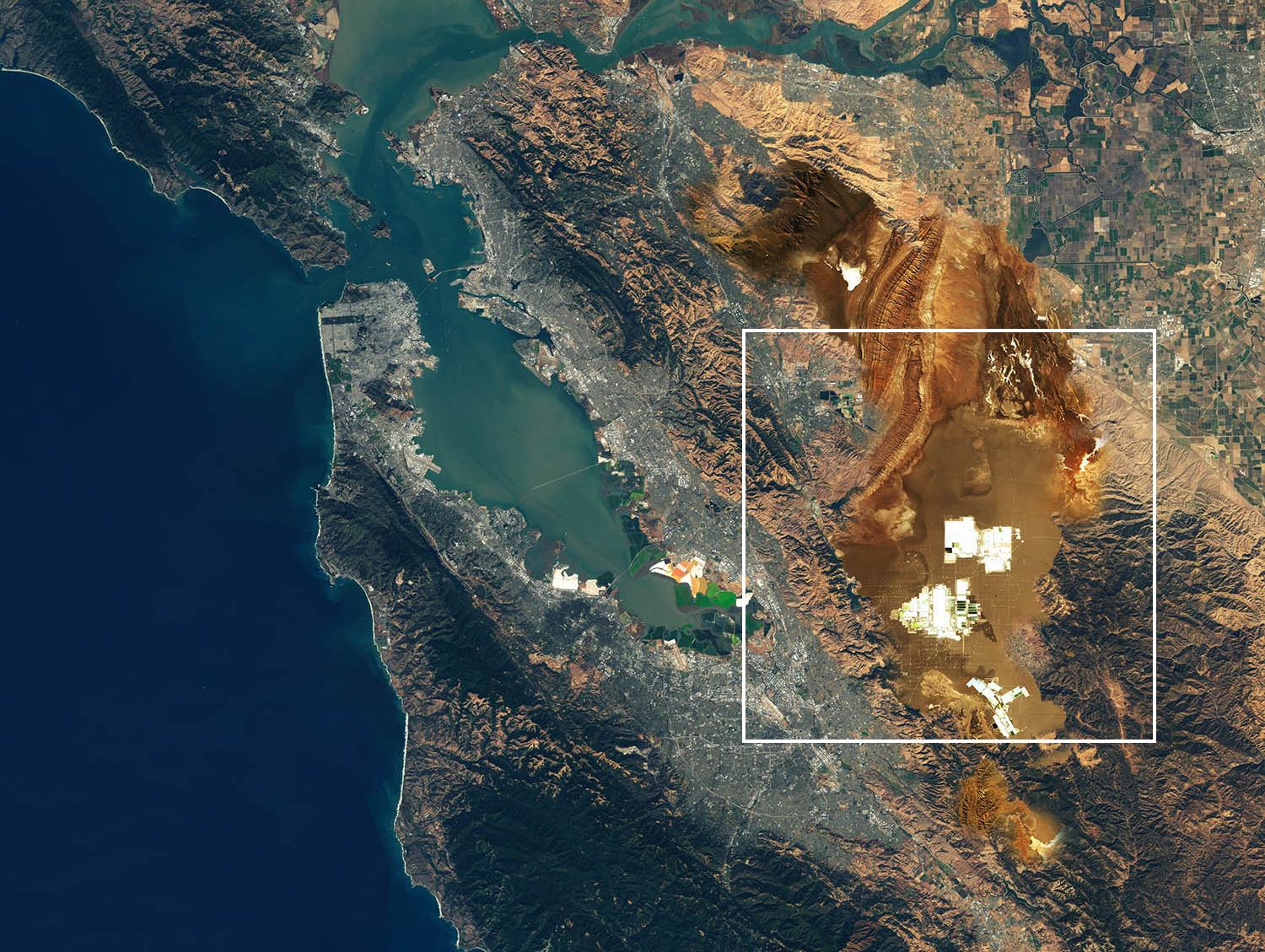Today’s dominant image of the Earth came into existence in the 20th century. Astronomy and space science played a central role in this. Space technology was developed by major players, both state and private, while the rest of society remained spectators.
To this day, the space sector behaves as if they can be a neutral interpreter of what space and the conditions of the planet mean for our societies. At the same time, alongside the environment, the majority of the population struggles with the consequences of climate change. 75 percent of the planet’s land surface is under measurable human pressure, while human pressure on oceans could be even larger.
It matters which planet we portray, and which one we do not.
It matters which planet we portray, and which one we do not. This is why the Space Lab researches ways of mattering. With this term, we refer to the images, interests and facts that shape our image of the planet, and, in turn, how the solidification of these imaginaries determines the way we talk about the Earth and the decisions we make. Mattering looks at both the matter itself and its significance. In short, we research the drivers behind how we see our environment.
We distinguish between various kinds of imagining and research their cohesion. First, there are matters-of-fact: scientific images of the Earth that we use as if they are objective facts. Then there are matters-of-interest: fixated interests, such as the presence of satellites in space to ensure the service of GPS, maintained by states and industries. It’s these two forms of mattering that normally predominate our space narrative.
The Space Lab also aims to bring matters-of-concern to the forefront (what matters to both human- as more-than-human life), matters-of-care (affairs in need of attention, brought forward by those who are engaged with the subject), and matters-of-justice (such as justice and court cases when environmental damage is irreversible).
By gaining insight into our imagery and their cohesion, societies can become more inclusive and competent in the field of both existing and emerging environmental issues. The Space Lab positions itself as a transmitter of novel, mainstream narratives.





